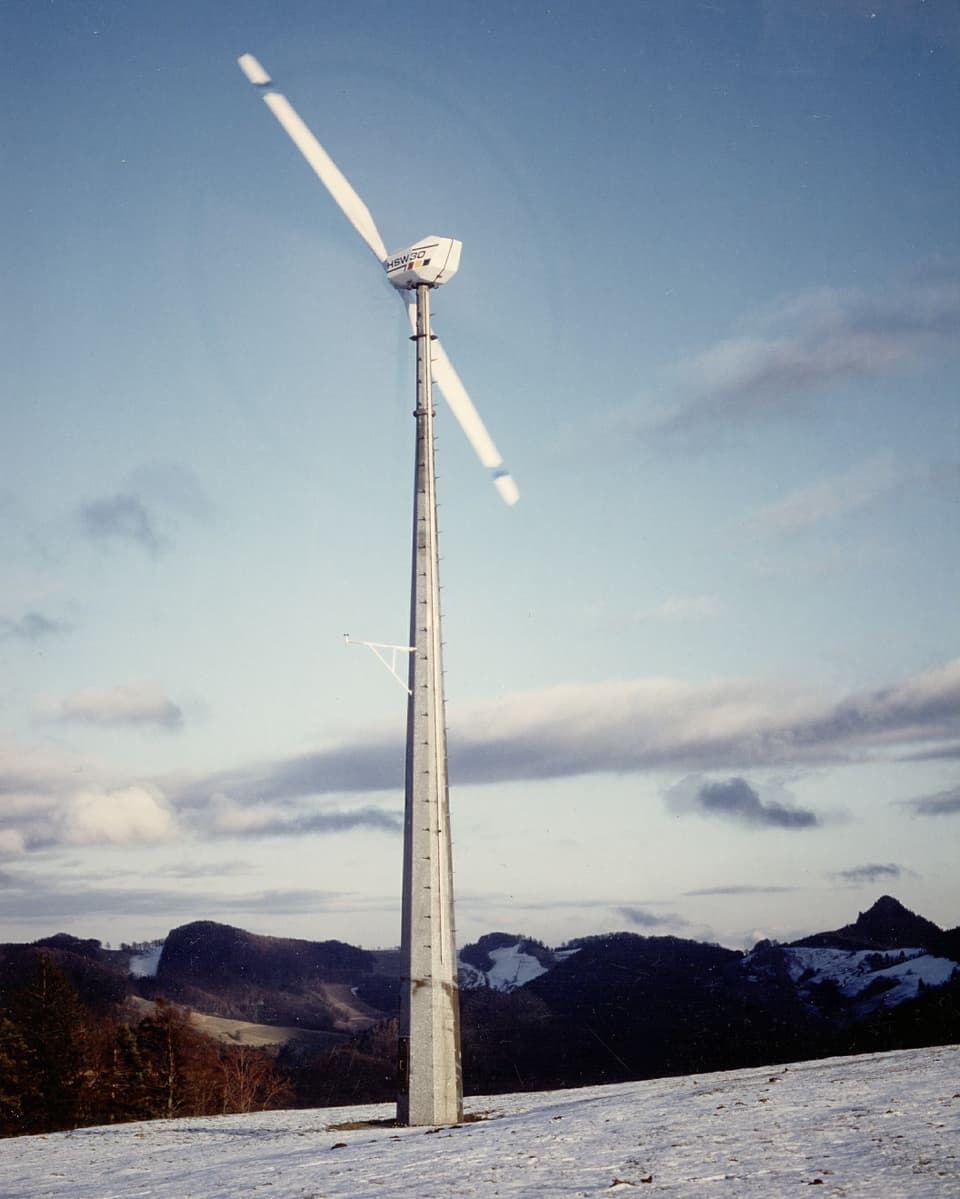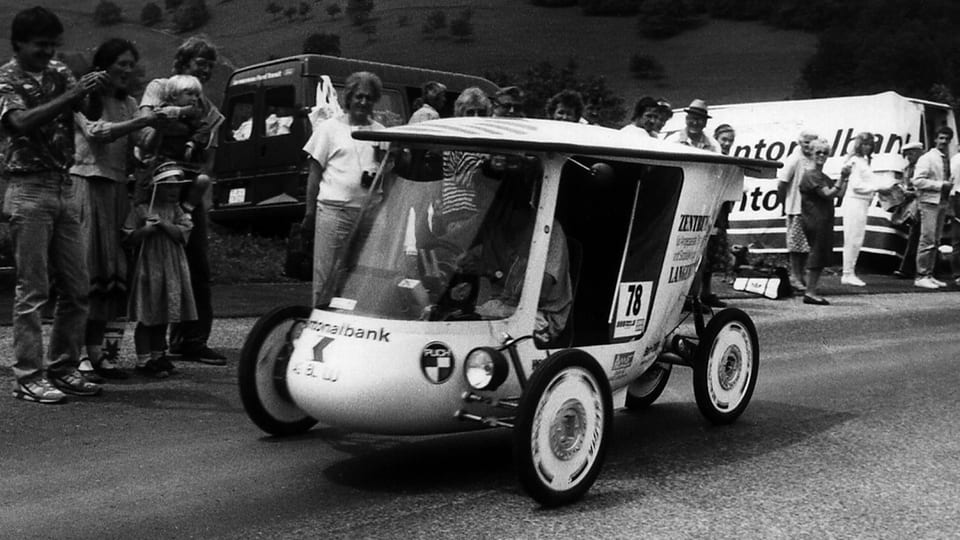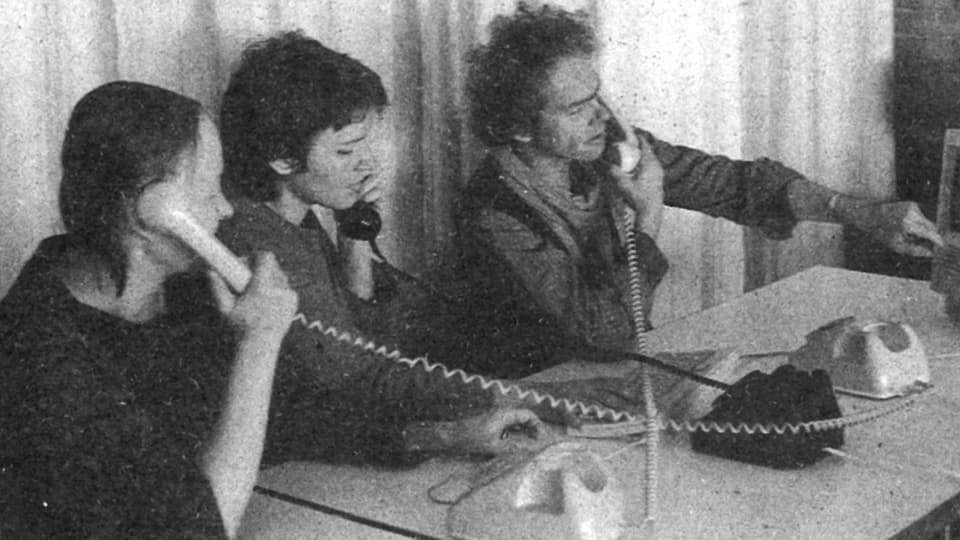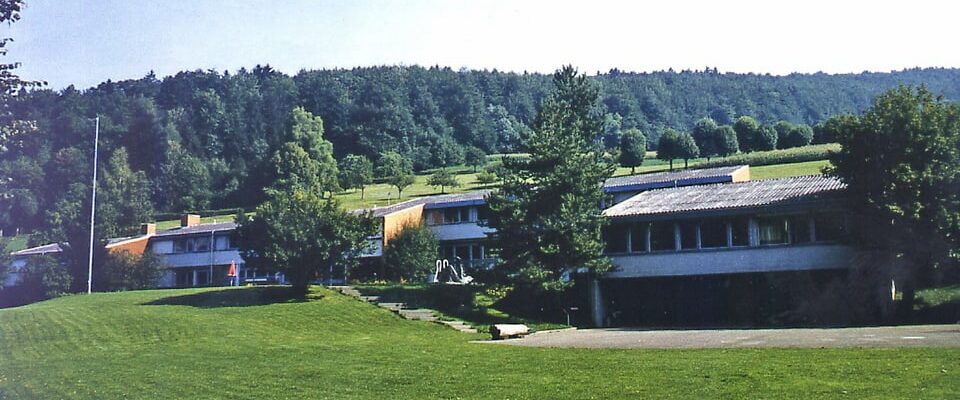Contents
For decades, the pioneers of the Langenbruck Eco Center have been researching renewable energies, resource consumption and how companies and families can make their everyday lives more environmentally friendly. Now they have changed their strategy and are leaving small Langenbruck.
The first wind turbine to generate energy, a race for solar-powered vehicles, the environmental hotline for the population: the eco-center in the community of Langenbruck dealt with climate protection long before it became a buzz word in politics.
Legend:
40 years ago, the properties were ideal: the buildings and surroundings served the ecocenter’s employees to work, experiment and live. The community also grew vegetables for their own supply. (Picture of the Ecocenter from 1981.)
zVg
Eco-pioneers set up the center at the end of the 1970s – in the spirit of the anti-nuclear power plant movement at the time. They needed space to research, experiment and live. In 2021 a large hall was added.
I did a 100-hour test with our pyrolysis system.
“There were a lot of attempts in the hall that were very loud,” says communications manager Rebekka Ebneter, laughing. She remembers how the ecocenter employees started making biochar. “We did a 100-hour test with our pyrolysis system.”

Legend:
The Eco Center installed the first wind turbine in Switzerland in 1986. It has not produced electricity since 2019 because it is broken. Two new wind turbines will therefore be added to it and the former pioneer wind turbine will remain as an industrial monument.
zVg
The people at the Langenbruck Eco Center also operated Switzerland’s first wind turbine – above the community of 1,000 people. They wanted to find out how to get the most energy from wind power. Today the former research object has become an industrial monument.

Legend:
The “Tour de Sol” was the world’s first race for solar vehicles in 1985. It has inspired many technology enthusiasts. The Eco Center was also at the start (photo from 1986).
zVg
The ecocenter not only worked on its own theories, but also incorporated ideas from others. So it took part in the “Tour de Sol”. In the 1980s, these were races with vehicles that were powered by solar energy instead of a combustion engine. The environmental activists gained experience with climate-friendly drives long before such cars were in series production.

Legend:
The environmental telephone number was often dialed by private individuals who wanted to make their everyday lives more ecological. In the 1980s, this was advice that hardly anyone offered.
zVg
In addition to research, the imparting of knowledge was always important to the environmental pioneers. The eco-center therefore operated an environmental telephone. Anyone interested could call and ask questions about their everyday lives: How do I clean as ecologically as possible, how does recycling work, how can I save water and electricity at home and how do I compost correctly?
Overrun by your own success
Now the eco center is moving from Langenbruck to Liestal, the capital of the Canton of Basel. This fits better with the current focus of the center, says managing director Linda Jucker: “We continue to work where we have our strengths.” And that is in the consultation.
In 2021 the ecocenter will be realigned. This is also why it says goodbye to Langenbruck. Since many countries have formulated climate goals, universities and companies have increasingly been conducting research on topics that were previously primarily addressed by pioneers. As a result, the ecocenter lost research funding.
In times of net zero targets, we advise communities and companies on how they can achieve their climate goals.
Instead of just advising the population on the environmental hotline, the center’s employees now visit communities and businesses in addition to schools. “We’ve always been to schools a lot,” says Jucker. “In times of net zero targets, we are also increasingly advising communities and companies on how they can achieve their climate goals.” In addition to the technical, it is often also about the emotional: helping people overcome their fears of new things.
The former pioneers and environmental activists are not running out of work. She has simply changed.
